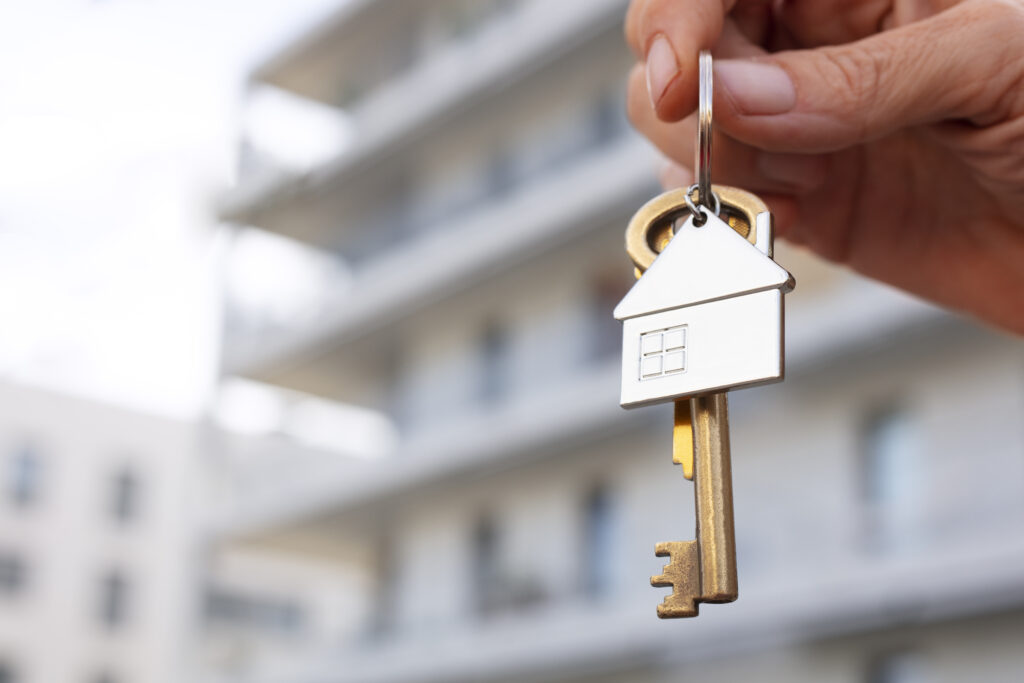
Investing in a rental property is a terrific way to generate steady, ongoing income. After owning this type of property for several years, it could appreciate greatly in value. In fact, some of the wealthiest people in the world became wealthy partly due to real estate investments. But investing in real estate isn’t the same as investing in an asset like stocks.
Owning an investment property requires a lot of hands-on work, and there are risks involved. However, it could be worth the risks if you have set goals in mind such as creating cash flow, adding a source of retirement income, and funding a child’s education to name a few. We’re going to review important items to consider when buying an investment property.
It’s vital to know your costs when you are in the process of purchasing a rental property. You want to make sure you can comfortably afford to purchase the property. Affordability goes beyond just the down payment and includes closing costs. On these types of purchases, closing costs can be higher so make sure to do your due diligence in finding out what the actual costs will be. Closing costs can’t always be financed into the loan, so it’s important to make sure you’re not maxing out your budget on the down payment.
If you’re looking to buy a property to rent out on a short-term basis, there can be specific hurdles you may face that won’t apply to a long-term rental. Be sure the property you are looking to buy is not subject to rental restrictions.
Surprise costs are something to keep in mind as well. From rising taxes to maintenance and repairs, these unexpected costs can eat into your profits and could even exceed them. Budgeting for the unexpected is the best advice. It’s recommended a landlord save twenty (20) to thirty (30) percent of rental income for repairs, maintenance, and emergencies. Having plenty of cash reserves is required from a lender’s perspective since owning a rental property can cost more money than expected. An investor must have funds available to pay for a sudden repair or cover housing expenses if the property sits vacant.
Understanding the responsibilities of a landlord is non-negotiable. Beyond taking on the expense of owning the property, as a landlord, you need to always be available to your tenant. If something breaks and needs to be fixed, it would be your responsibility to respond quickly to get it resolved. While you may consider hiring a property manager, that is not always the best solution. Some property managers may go out of business or provide poor service, so it’s important to think about this decision carefully and choose wisely if you decide to go this route.
There are many details that can go into a transaction like this. If you have questions about this type of transaction or financing rental properties and the guidelines set forth by Fannie Mae and Freddie Mac, please reach out to one of our knowledgeable Mortgage Specialists. They can help you analyze your situation and figure out if buying an investment property is right for you.
Next month we will cover converting your primary residence into a rental.
